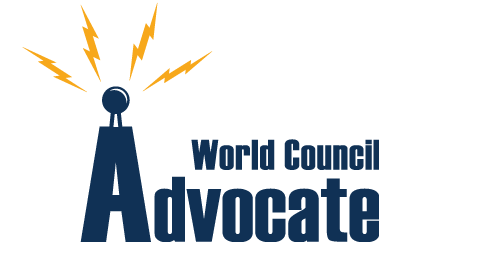BIS Publishes Papers on Post-Crisis International Financial Regulatory Reforms
2020-04-28The Bank for International Settlements (BIS) published working papers entitled “Post-crisis international financial regulatory reforms: a primer," which review post-crisis regulatory reforms.
BIS specifically examines the bank and Central Counterparties (CCP) international regulatory reforms and how CCP international standards fit within a “unified analytical framework.” The CCP reforms were implemented in response to the Great Financial Crisis (GFC) with the purpose of improving financial stability through the implementation of improved and new standards.
The BIS working paper is primarily based on a review of the unified analytical framework and premised on the belief that the key concept of the framework is “shock-absorbing capacity, which is higher when (i) there is less exposure to the losses that a shock generates and (ii) there are more resources to absorb such losses.”
The working paper argues that a “conservative regulatory approach” is necessary to address issues of political pressures on the economy and technical obstacles to reform, and “[a] higher cost of balance sheet space is a healthy side effect of the backstops underpinning such an approach."
The BIS’ summary of this working paper can be found here.
Bulletin on Role of Prudential Policy in COVID-19 Losses
BIS also published a bulletin entitled “Buffering Covid-19 Losses – the Role of Prudential Policy," suggesting conditions needed to address the shock the coronavirus pandemic has had on the economy, through release of prudential buffers. The bulletin is divided into three parts:
- Assessment of how banks are and will be affected by COVID-19 confinement measures and policy responses to the pandemic;
- Design and usability of prudential buffers; and
- Relaxing buffers to support banks.
According to BIS, the following are key takeaways from the bulletin:
- “By allowing banks to run down some of their buffers, policymakers are sending a strong signal about their resolve to lessen the economic fallout from the pandemic. Such prudential measures complement the main policy levers: monetary and fiscal instruments.
- To avoid a reduction in credit to the real economy, authorities need to ensure that banks have the capacity and willingness to make use of the flexibility afforded by the buffer release. Payout restrictions on banks and risk-sharing between banks and the public sector will be key.
- For banks to continue playing a positive role in the supply of funding during the recovery, they should maintain usable buffers for a long period, as losses from a severe recession will take time to materialize.
